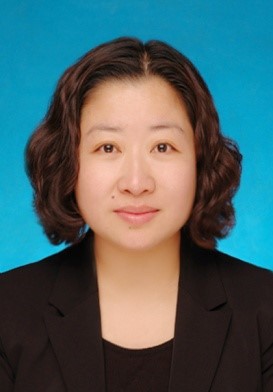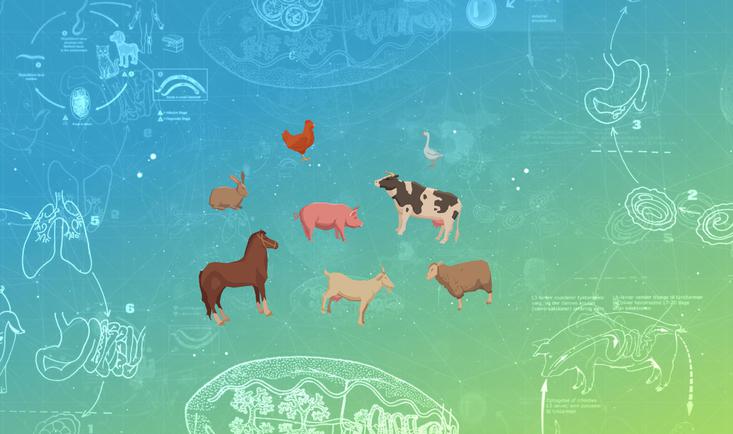
微观经济学(Microeconomics)课程:前往报名学习
We explain principles of microeconomics with a cup of Chinese tea. Where does the tea come from? Why do we drink tea at this teahouse instead of other teahouses? By answering these questions, we develop insights about how people make decisions and how people interact in the market. See? It is very interesting and closely-related to our daily life with the fragrance of tea.
开设学校:东北财经大学;学科:经济学、
We explain principles of microeconomics with a cup of Chinese tea. Where does the tea come from? Why do we drink tea at this teahouse instead of other teahouses? By answering these questions, we develop insights about how people make decisions and how people interact in the market. See? It is very interesting and closely-related to our daily life with the fragrance of tea.
-1.1 Scarcity
--1.1 Quick Quiz
-1.2 Opportunity Cost
--1.2 Quick Quiz
-1.3 Production Possibilities Frontier
--1.3 Quick Quiz
-1.4 The Method of Economics
--1.4 Quick Quiz
-1.5 Why People Trade with Each Other
--1.5 Quick Quiz
-2.1 Demand
--2.1 Quick Quiz
-2.2 Supply
--2.2 Quick Quiz
-2.3 Market Equilibrium
--2.3 Quick Quiz
-3.1 The Price Elasticity of Demand
--3.1 Quick Check
-3.2 Applications of Elasticity
--3.2 Quick Quiz
-4.1 Consumer Surplus and Producer Surplus
--4.1 Quick Quiz
-4.2 Market Efficiency
--4.2 Quick Quiz
-5.1 Externalities
--5.1 Quick Quiz
-5.2 Private Solutions to Externalities
--5.2 Quick Quiz
-5.3 Public Policies toward Externalities
--5.3 Quick Quiz
-5.4 Public Goods
--5.4 Quick Quiz
-5.5 Common Resources
--5.5 Quick Quiz
-6.1 What the Consumer Can Afford
--6.1 Quick Quiz
-6.2 What the Consumer Wants
--6.2 Quick Quiz
-6.3 What the Consumer Chooses
--6.3 Quick Quiz
-7.1 The Nature of the Firm
--7.1 Quick Quiz
-7.2 Production and Costs in the Short Run
--7.2 Quick Quiz
-7.3 Costs in the Long Run
--7.3 Quick Quiz
-8.1 The Four Types of Market Structure
--8.1 Quick Quiz
-8.2 A Competitive Firm’s Supply Decision
--8.2 Quick Quiz
-8.3 The Supply Curve in a Competitive Market
--8.3 Quick Quiz
-8.4 Why Monopolies Arise
--8.4 Quick Quiz
-8.5 Profit Maximization of a Monopoly
--8.5 Quick Quiz
-8.6 Public Policy toward Monopolies
--8.6 Quick Quiz
-8.7 Monopolistic Competition
--8.7 Quick Quiz
-8.8 Oligopoly
--8.8 Quick Quiz
-9.1 The Labor Market
--9.1 Quick Quiz
-9.2 Earnings
--9.2 Quick Quiz
胡蓉,经济学博士,东北财经大学经济学院副教授。研究领域为产业经济学、法律经济学。主讲课程为微观经济学、宏观经济学、法律经济学。主持或参与国家级、省级科研、教学课题多项,发表论文十余篇。三度荣获东北财经大学“毕业生心目中最有影响力恩师”称号。曾在加拿大西安大略大学、美国伊利诺伊大学香槟分校访学。
2004年至2010年在上海财经大学学习,获得经济学学士和经济学硕士学位;2010年至2013年在东北财经大学学习,获得经济学博士学位。2014年开始在东北财经大学经济学院任教。 曾在《中国工业经济》、《经济社会体制比较》、《产业组织评论》、《首都经济贸易大学学报》等期刊发表论文;参与多部专著和教材的编写,包括《中国战略性新兴产业发展报告2012》、《中国战略性新兴产业发展研究》、《产业经济学》(人大版教材)、《两岸新材料产业发展比较研究》。 主持多项课题的科研工作,主持的项目有:辽宁省社科规划基金重点项目“新常态下辽宁新兴产业创新驱动的金融政策研究”、辽宁省教育厅一般项目“辽宁战略性新兴产业的高端化路径及政策研究”、辽宁省社科联项目“辽宁新兴产业培育与老工业基地转型的互动关系及政策研究”。


